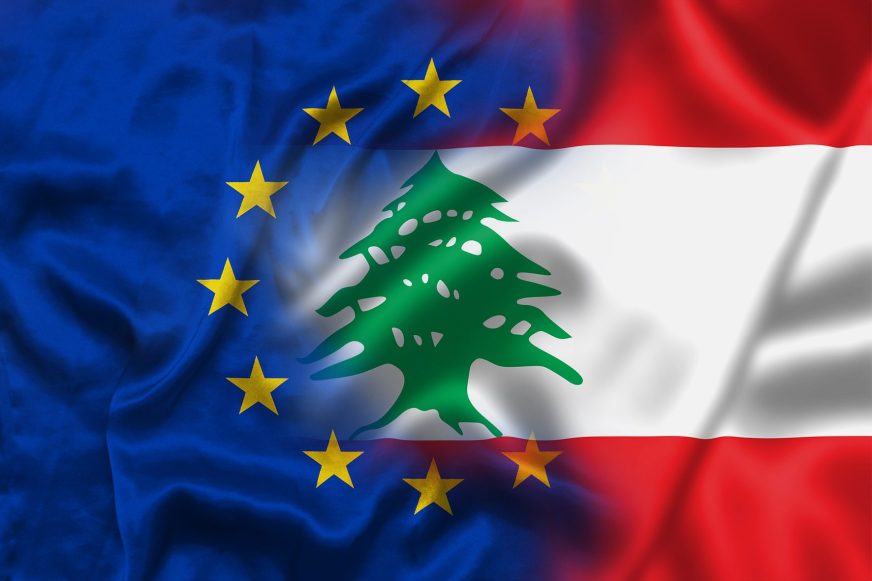EU Local statement on the need for macro-economic and financial reforms in Lebanon

Two years ago, on 7 April 2022, Lebanon and the International Monetary Fund (IMF) agreed on a programme of actions and reforms. Its implementation would have unlocked over $3 billion in assistance, additional support from donors, put Lebanon back on the path of economic recovery and restored its international credibility.
Unfortunately, since then, only limited progress has been made.
The European Union recognises the very difficult reality that Lebanon is currently experiencing. This situation could and should serve as a driver for change.
Electing a President and forming a fully functioning Government are critical. But a delay should not hinder the implementation of agreed key reforms, in order to restore the trust of international actors and Lebanese citizens in the financial system. The adoption of the 2024 budget within constitutional deadlines, the reforming of the bank secrecy law and the stabilization of the exchange rate, have shown that where there is a will, there is a way.
Structural reforms are necessary to avoid Lebanon being trapped in a perpetual cycle of crises. Decisive leadership is needed. The answers to Lebanon’s economic crisis can only come from within Lebanon.




























 Syria
Syria 





